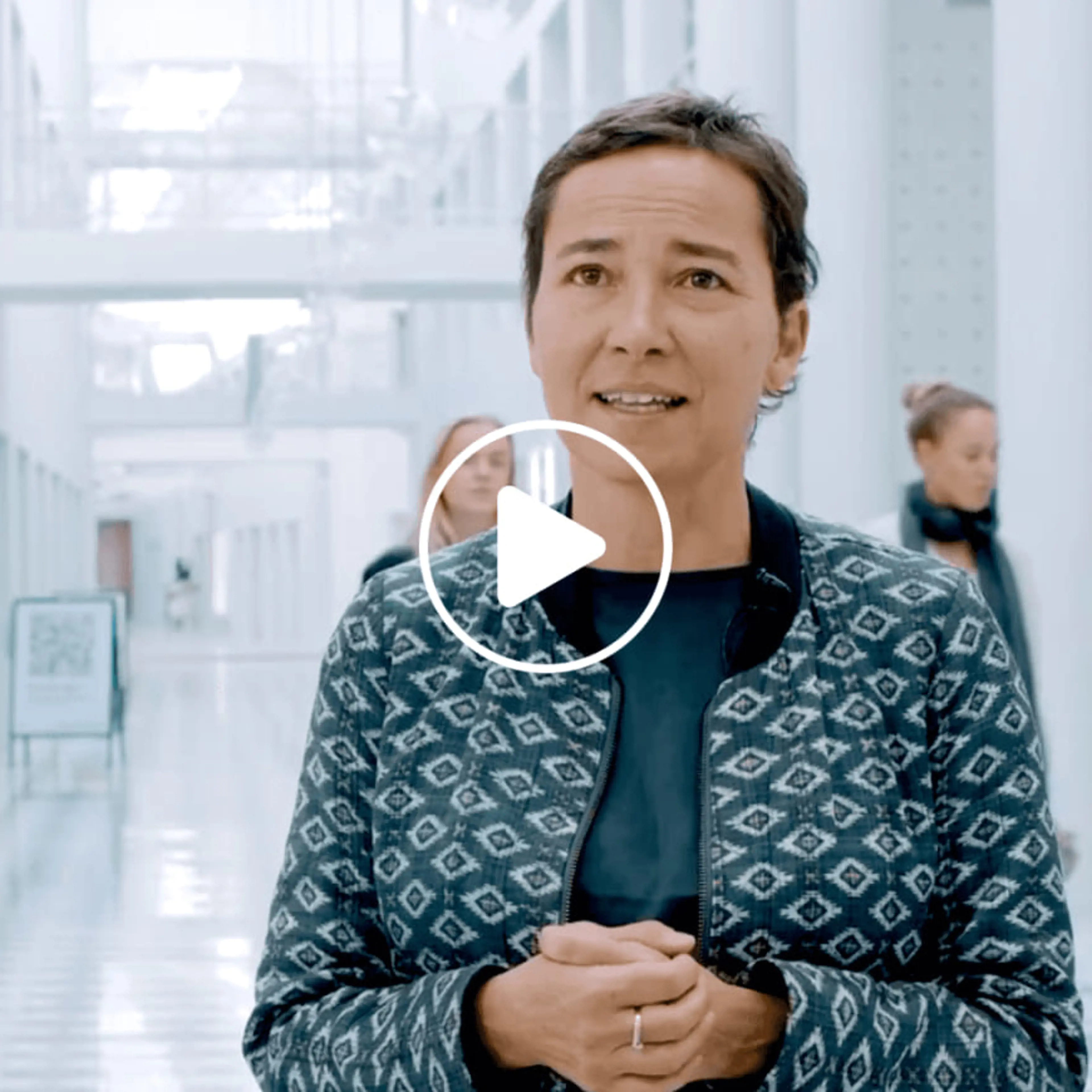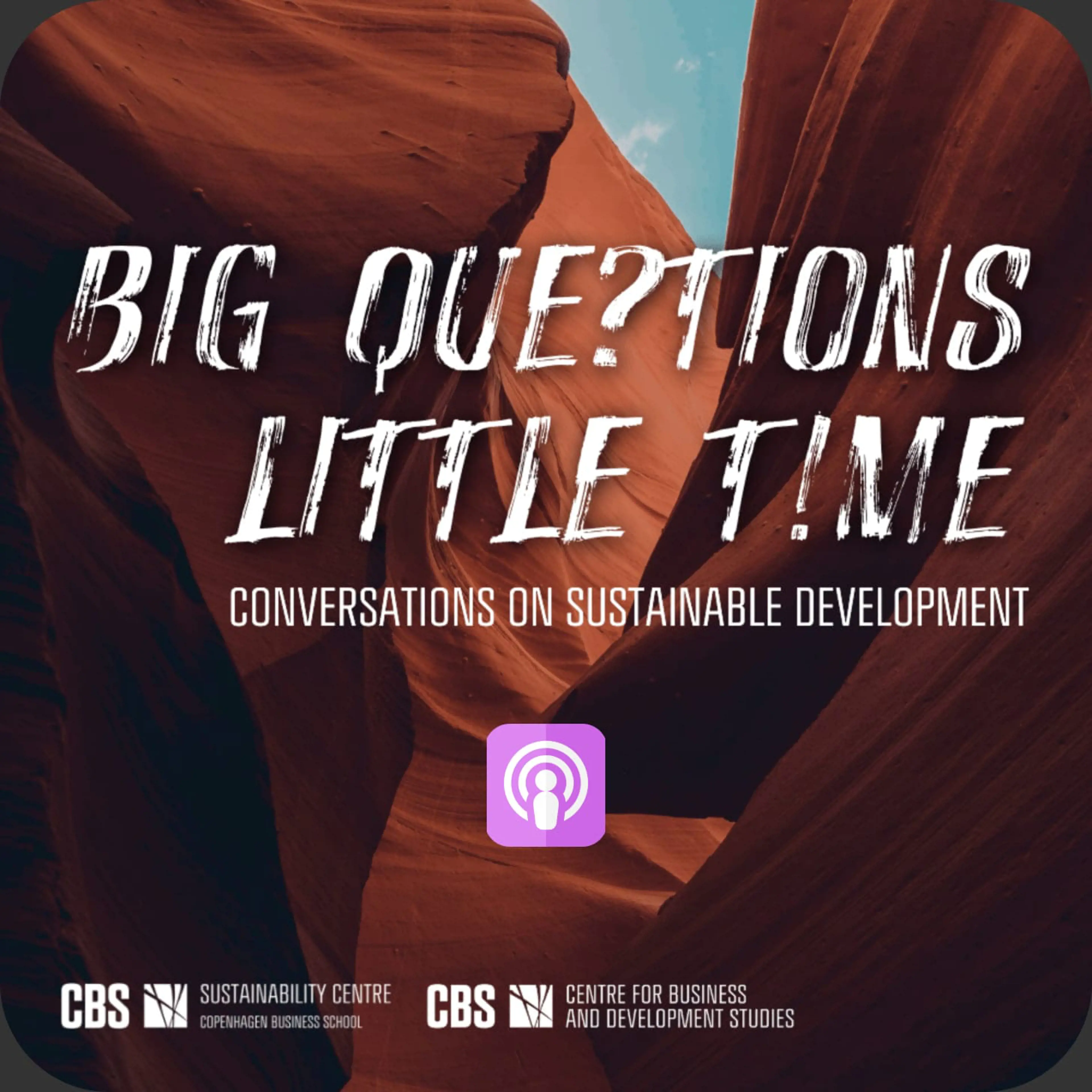“In the effort to produce renewable energy and decarbonise their economies, emerging countries have neglected the effect on marginalised populations, which could ultimately prove unsustainable for all,” says Assistant Professor Jacobo Ramirez from the Department of Management, Society and Communication at CBS.
The research, published in the Journal of International Business Policy, calls for policymakers and business to re-evaluate large-scale renewable energy investments in emerging markets to mitigate climate change and meet the SDGs.
Energy carbonisation
Energy is a dominant contributor to climate change. According to the UN, it accounts for around 60% of global greenhouse gas emissions. Yet 770 million people still lack access to electricity, while a further 2.6 billion, mainly living in emerging markets, continue to rely on solid biomass such as firewood for fuel.
The study investigated the impact of wind investment on the lives of indigenous people from the Isthmus of Tehuantepec in Oaxaca, Southern Mexico. This region has some of the most powerful wind resources in the world, making it a hot spot for investment in wind energy.
But instead of bringing jobs, development and modern energy to the region, Mexico’s current approach to energy decarbonisation has focused on large-scale investments that have benefitted multinational enterprises but left indigenous people behind. This has divided local communities and caused social conflict between opponents and supporters of wind energy.


